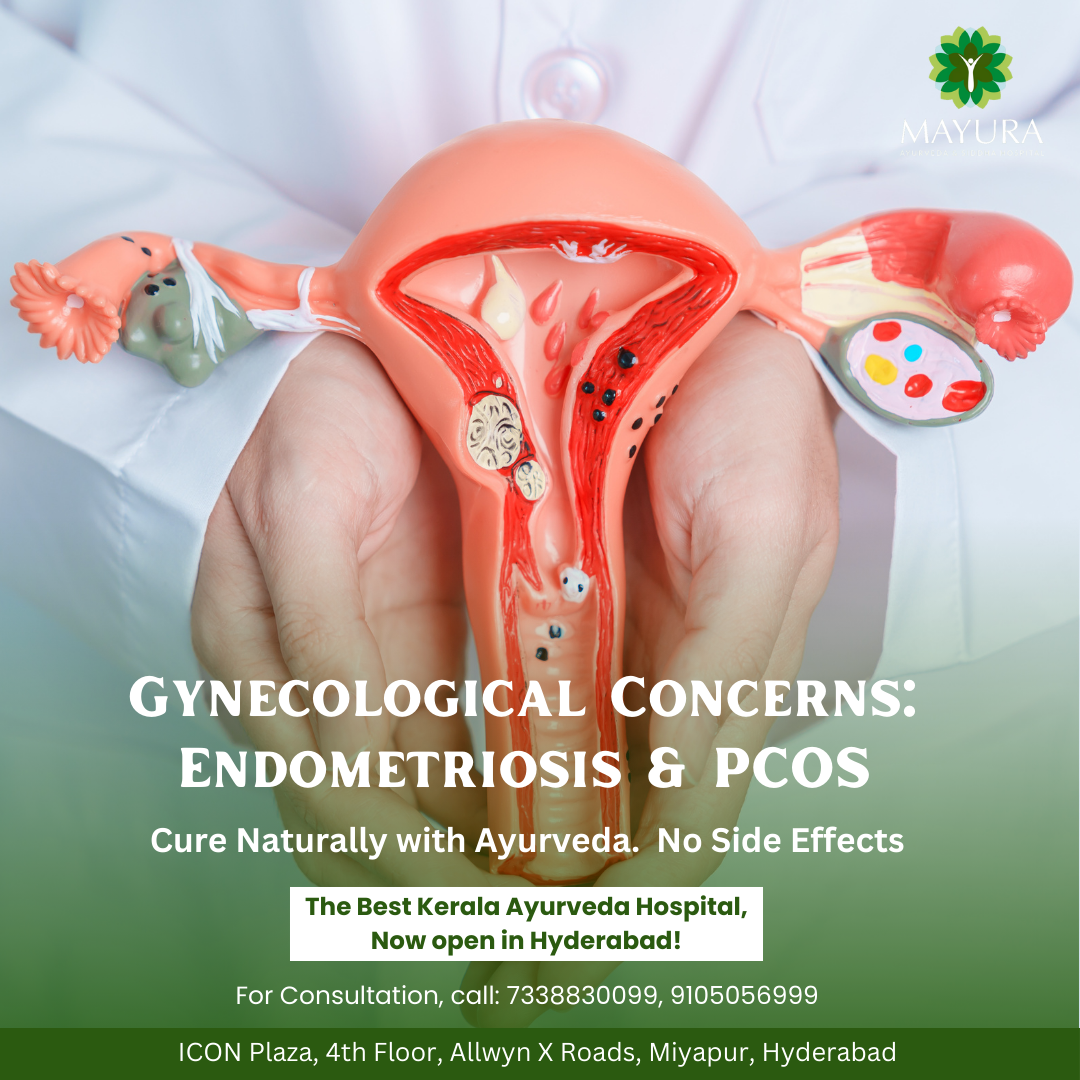Women’s health encompasses a myriad of topics, and two prevalent gynecological concerns often discussed are endometriosis and polycystic ovary syndrome (PCOS). These conditions can significantly impact women’s lives, from reproductive health to overall well-being.
Understanding Endometriosis:
Endometriosis is a condition where tissue similar to the lining of the uterus grows outside the uterus, commonly in the pelvic area. This abnormal tissue growth can cause inflammation, severe pelvic pain, and infertility. The exact cause of endometriosis remains unclear, but factors like genetics, hormonal imbalances, and immune system disorders may contribute to its development.
Symptoms of Endometriosis:
Symptoms of endometriosis can vary from woman to woman but commonly include:
Chronic pelvic pain
Painful menstrual periods (dysmenorrhea)
Pain during intercourse
Heavy menstrual bleeding
Infertility
Managing Endometriosis:
While there is no cure for endometriosis, various treatment options aim to alleviate symptoms and improve quality of life. Treatment may involve pain management medications, hormone therapy, and in severe cases, surgery to remove endometrial tissue.
Understanding PCOS:
Polycystic ovary syndrome (PCOS) is a hormonal disorder characterized by enlarged ovaries containing small cysts. It affects how a woman’s ovaries work, often leading to irregular menstrual cycles and hormonal imbalances. PCOS can also impact fertility and increase the risk of developing other health issues like diabetes and heart disease.
Symptoms of PCOS:
Symptoms of PCOS can manifest differently in each woman but commonly include:
Irregular menstrual cycles
Excess hair growth (hirsutism)
Acne
Weight gain
Difficulty getting pregnant
Managing PCOS:
Treatment for PCOS focuses on managing symptoms and reducing the risk of complications. Lifestyle changes such as maintaining a healthy diet, exercising regularly, and managing stress can help regulate menstrual cycles and improve overall health. Medications may also be prescribed to address specific symptoms like irregular periods or excessive hair growth.
Empowering Women’s Health:
Empowering women with knowledge about gynecological concerns like endometriosis and PCOS is crucial for early detection and effective management. Regular check-ups with healthcare providers, open communication about symptoms, and adopting healthy lifestyle habits can significantly impact women’s well-being.
In conclusion, endometriosis and PCOS are significant gynecological concerns that affect millions of women worldwide. By understanding the symptoms, treatment options, and lifestyle management strategies, women can take control of their health and navigate these conditions with confidence.
















